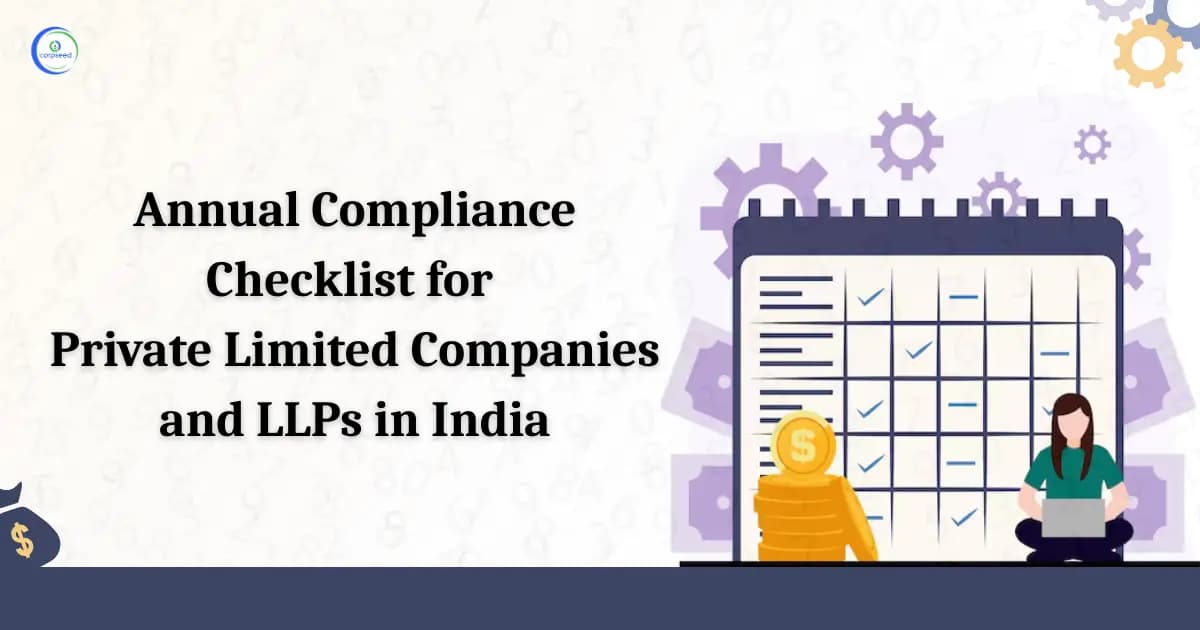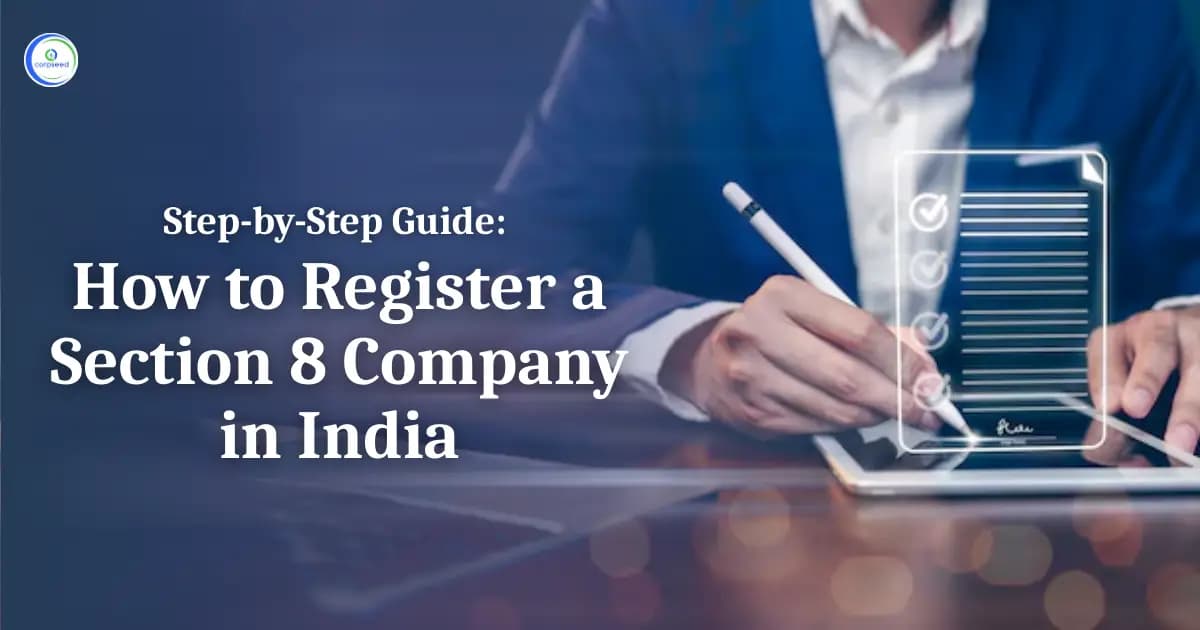
Loading...

Section 3 of the Indian Trust Act, 1882 defines the term ‘trust’ as An obligation annexed to the ownership of property and arising out of confidence reposed in and accept
About the Author

Vipan has more than 12 years of working experiences and guiding the team in the strategic Development and preparation of ESG reports. He is having a vast experiences of working in the field of Environment in legal, statutory, regulatory, environment compliance management and expertise in waste management. He is a Founder and MD of Corpseed. He is the one, who has developed World First Technology Driven AI Based Automated Compliance Model for All Businesses. He has worked with the Multinational Companies, such as Suncorp (Australian Bank), British Petroleum (UK), Eco- lab health care (USA), BHL, PGCL, UN-Group, SRY oil and gas, L&T, EVS electronics Ltd, Amzette, Faber, NTPC, Muthoot Finance, Capgemini etc.
Related articles

MCA Invites Stakeholders' Feedback to Simplify SPICe+ Part B Resubmission and Linked Forms
2026-01-03

Annual Compliance Checklist For Private Limited Companies And LLPs In India
2026-12-31

Step-by-step Guide to Registering a Company Online in 2026 (in India)
2026-12-29

Step-by-Step Guide: How to Register a Section 8 Company in India
2025-12-24

Annual Compliance For A Private Limited Company
2025-12-20

Why is the Rent Agreement in India only for 11 Months?
2025-12-19